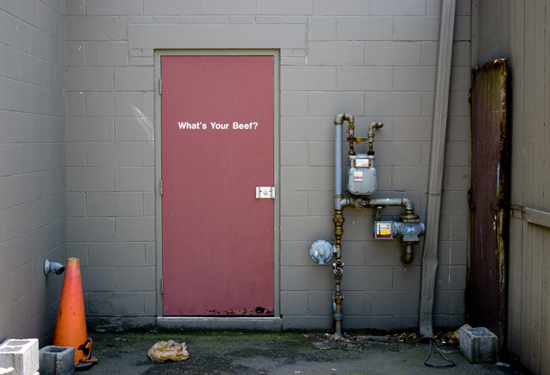David McAleavey: “Daylily season”
There’s both turbulence and calm in this piece, something like kneading bread dough. We’d been to see an emphatic production of King Lear with a gangster-era setting; the next day our clothes retained some whiff of the characters’ onstage smoking. (The full slap of Lear is itself sufficient to make you wake up dazed – more than a whiff of smoke remained!) The previous year my mother had died, aged 95, and a couple of months before I wrote this we’d buried her ashes alongside my father’s in an old family plot in Topeka. Lady Bird Johnson made it her cause to beautify Washington DC, in part by planting banks of daylilies along Rock Creek Parkway, and I often drive by a similar bank along I-66 in Arlington. Our house is built on a slope as well, the bank of a small stream, and from inside you can’t see some of the showy flowers in the yard below. I don’t have a shoe fetish, but sometimes a bold pair of high heels makes a direct …

